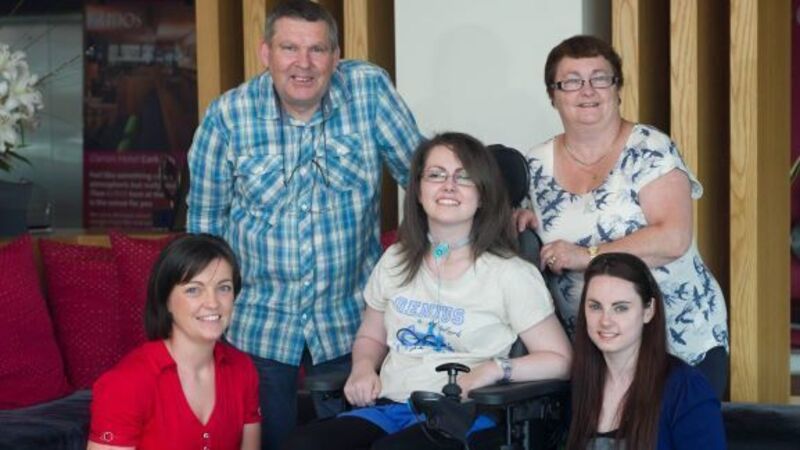Woman writing book on ‘locked in’ paralysis recovery

In a lengthy interview with the Irish Examiner, the 24-year-old from Murroe said she already has a proposal for a book, which describes her progress from complete paralysis to now being able to walk up to 30 metres with support.
She can now breathe independently for up to nine hours without a ventilator, and thanks to a device on her trachea, she is also able to speak.













